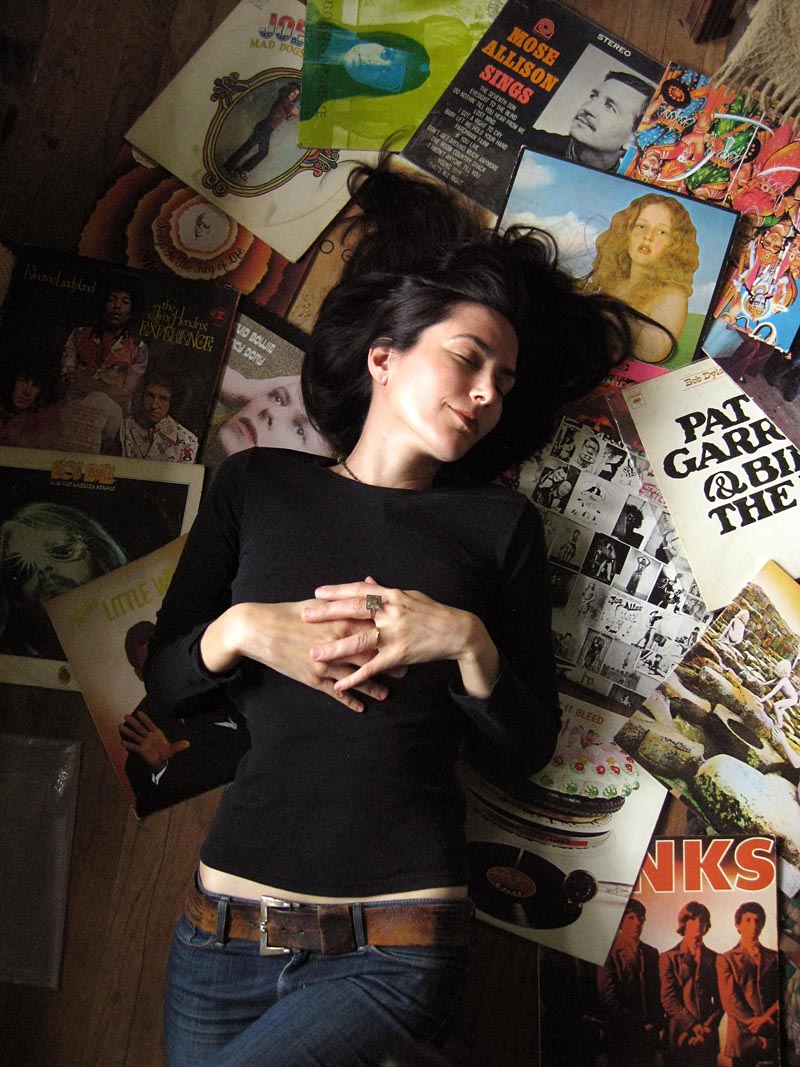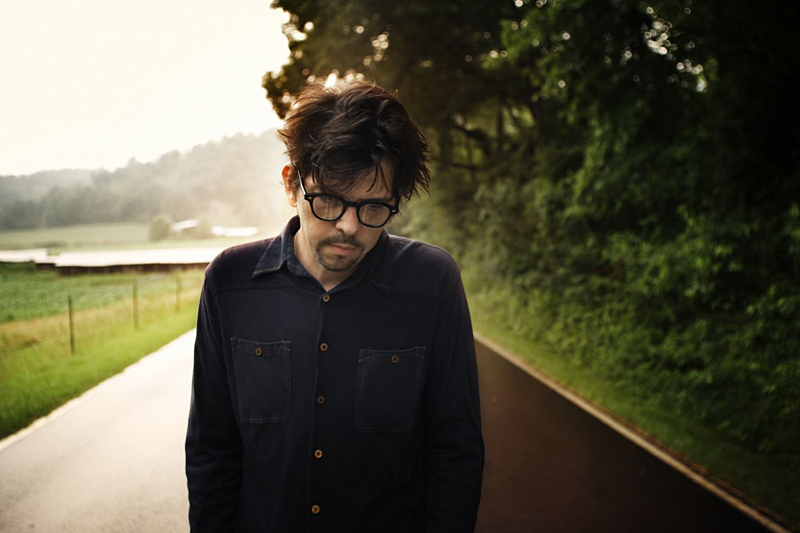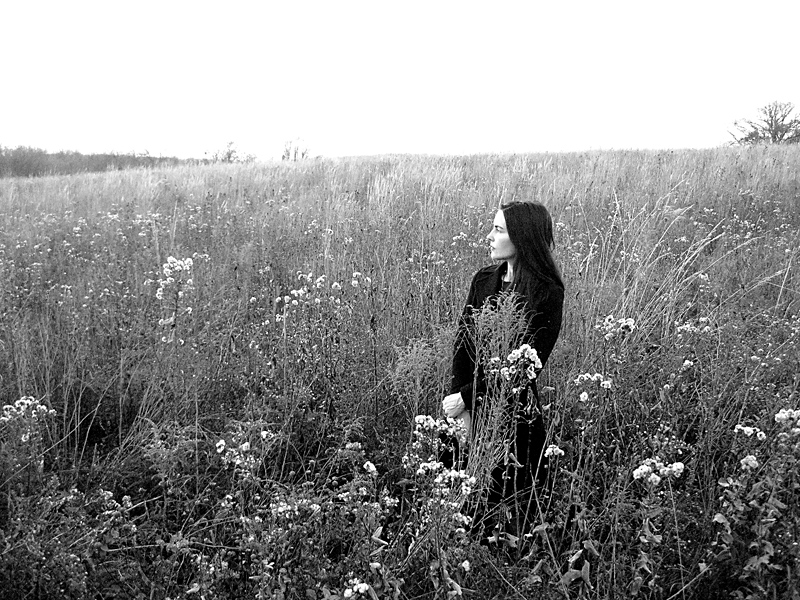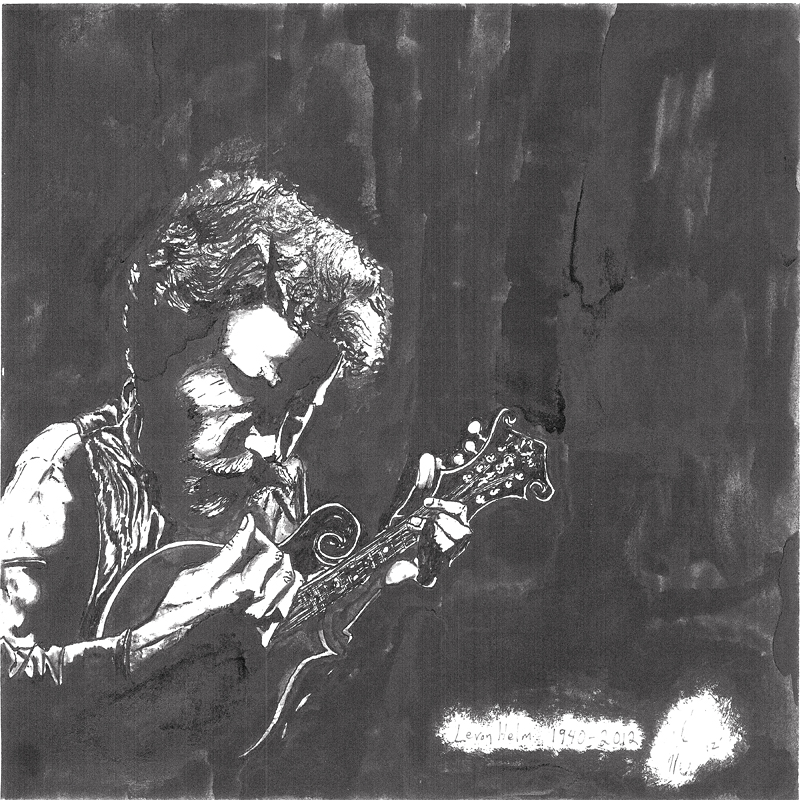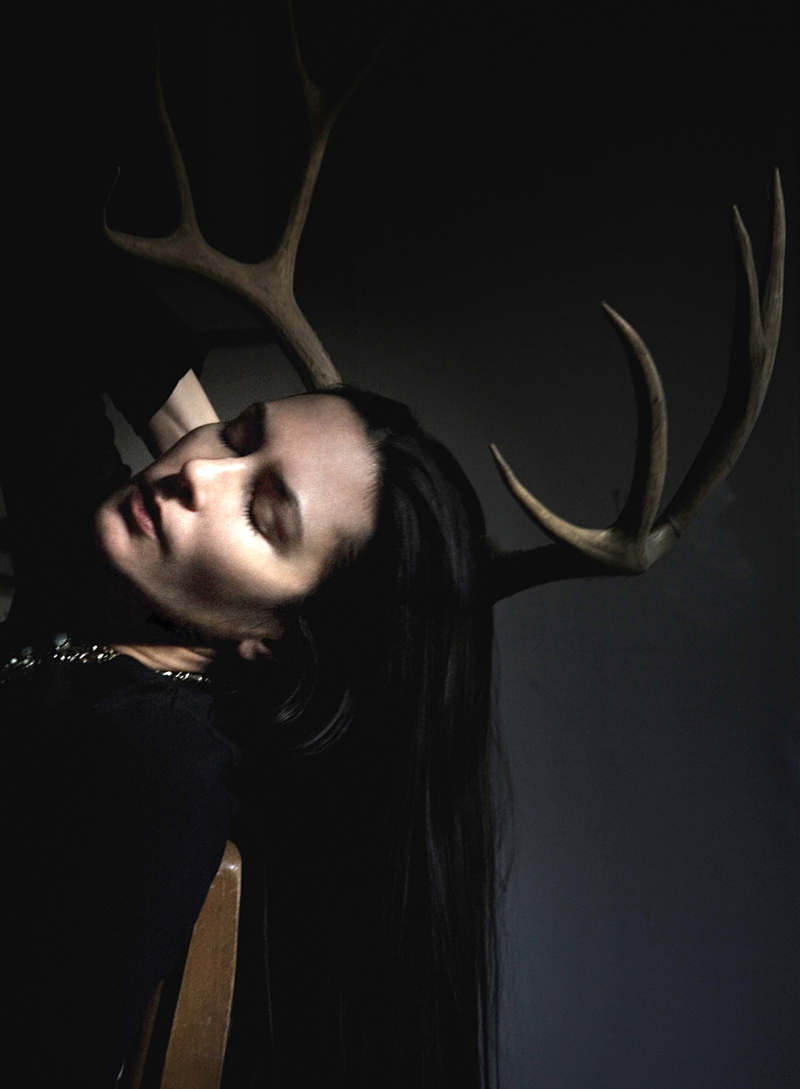After playing in Seattle-based bands for two decades, I have a different relationship with record stores than most shoppers do. Local record stores have been kind to our band, and I know a lot of the good folks who work in them and own them. I’ve seen many come and go, and many stand proudly to this day. As a music lover, I cherish record stores much as I do libraries or bookstores—they are places of reverence, shrines with rows of monuments lying dormant, ready to be received, alive with the power to animate.
But the truth is, 30-plus years after I bought my first album, walking into a record store is still a bit scary for me. Funny as it might seem, I’m often intimidated by the people who work there. My best efforts to trace this anxiety suggest some pathological tweak that happened back in the ’80s when music was just starting to become personal for me.
I grew up in and around Mt. Kisco, N.Y., and before I could drive, I had two options for buying records. One was in a small mall, and was better suited for purchasing posters and ’80s paraphernalia than albums. One of the meanest girls in high school worked there. Danetta—that’s what we’ll call her here—with her huge, blown-out ’80s hair, was the quintessential back-seat-of-a-Camaro, hell-raising Van Halen girl. I was a hippie art chick who wore her hair straight and thought I was a little badass. She and her crew used to gang up on me in the smoking area at school, threatening to kick my ass for supposedly looking at their boyfriends. I was terrified of her, and during her (mercifully brief) tenure at the record store, I mostly avoided the place.
Fortunately, the other record store, although intimidating in its own way, was a safe haven from the Danetta types. Fox and Sutherland became my ground zero during high school. It was one of those amazing mom-and-pop department stores with everything from toys and art supplies to camera equipment, stationery, books, and, yes, records.
The LP selection was quite small—just a few short rows—but meticulously curated by a fellow who always sat behind a glass booth lined with vinyl. He sported a black turtleneck and had a full head of frizzy dark hair. He seemed so avant-garde, so knowledgeable about music. I felt like a newbie and a pest. Despite the limited space in the shop, he stocked just enough obscure rock, killer jazz, and off-the-radar blues to sustain my fascination with music through high school. For a teenage girl obsessed with the ’60s, it was my Mecca.
I wasn’t hunting for any cutting-edge underground music then anyway. (I would find that later, after going off to art school.) My friends and I subsisted primarily on classic rock, folk, stoner rock, and trash metal, and didn’t have much interest in the underground music scene thriving just 60 miles away in New York. In some ways it pains me to think that I missed out on some incredible musical experiences, but my friends and I chose to hang out in the woods in place of “training” it into Manhattan. Looking back, being insulated in the sticks enabled a slow-burning exposure to influences which over the years manifested into a personal vision.
In the early ’80s, the store clerk behind the glass was a rarity for a smaller town. To be honest, I’m not even sure if he existed as I see him today in my mind’s eye. He just seemed odd and out of time. Maybe I’ve embellished him in my memory’s landscape to make sense of him as an important character along my journey—one whom I needed to be there, a first witness to a part of me as a teenager that was craving to be seen and understood through my love of music, a side of myself that my parents and teachers didn’t appreciate then. Maybe the store clerk saw some virtue in my vision quest.
Today there are many, many more ways for arty girls in Mt. Kisco to discover music, and I recently heard that Fox and Sutherland went out of business years ago when a Staples moved in nearby. While I still covet the notion of a record store, even the Luddite in me must admit that exposure to and a relationship with music is what matters most—not whether you discover it on vinyl or mp3. After all, whether you meet your true love in a bar or on Match.com, in the end it is the relationship that counts.
But for me, those memories of buying my first records matter too. In an era dominated by Facebook’s like-minded social enclaves and hive mentality, the world can feel so stripped of mythology, mystery, and wonder. Some feel brick-and-mortar stores are limited in that they don’t present an equal playing field, showcasing only bands that the gatekeepers deem relevant and that are in the physical-distribution pipeline. But aren’t those limitations simply a living, breathing version of any social enclave, or the gated communities many choose to occupy within the online world? To me, the online world—where an algorithm is often the gatekeeper, recommending what to buy from an infinite collection of records—feels limited.
You can only have so many records in the physical realm. But for a young person going in at the beginning of a musical love affair, maybe option anxiety isn’t such a good thing. Maybe employees’ choices, as opposed to a computer’s aggregated choices, will be what changes a life, making the experience as human as you are. Maybe limitations are fine when you have barely begun to dip your toes into the vast pool. Maybe the interaction with and the memory of the Van Halen girl and the turtlenecked guy is something you will cherish for years to come.
Jesse Sykes is the leader of the Seattle-based band Jesse Sykes and the Sweet Hereafter.
